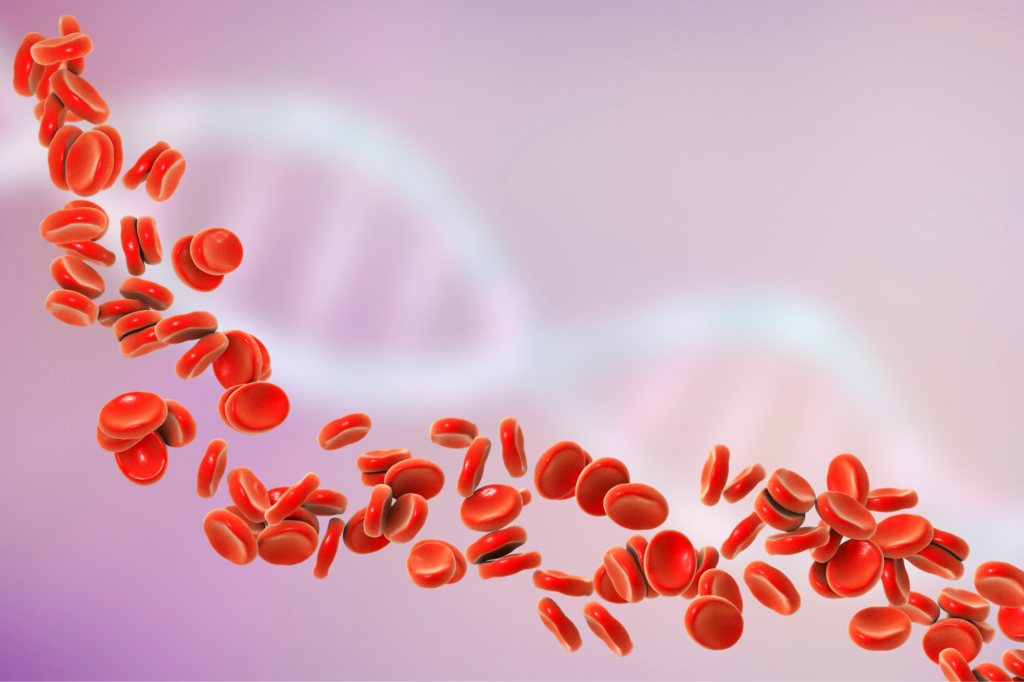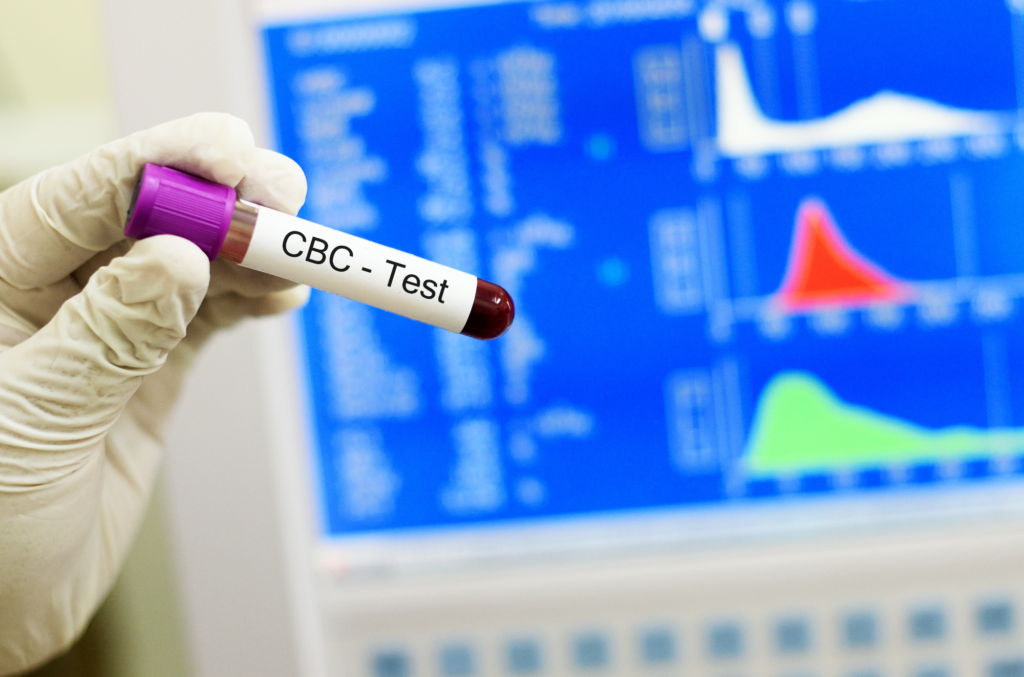Introduction
Hematology is a branch of medicine that focuses on blood, how it’s made, and the diseases that affect it. Doctors who specialize in hematology, called hematologists, treat conditions like anemia, blood clotting problems, leukemia, and lymphoma. One of their most important tools is the hematology analyzer, also known as a Complete Blood Count (CBC) machine, which helps check the health of your blood.
What is Hematology?

Hematology is the field of medicine that deals with diseases related to the blood. It involves studying, diagnosing, treating, and preventing problems related to the blood. This includes looking at blood cells (like red and white blood cells, and platelets) and the organs that produce blood (such as the bone marrow, spleen, and lymph nodes). Hematology covers conditions like anemia, blood clots, and blood cancers.
Hematology studies:
- Blood Cells: Red blood cells (RBCs), white blood cells (WBCs), and platelets.
- Hemoglobin: The protein in red blood cells that carries oxygen.
- Blood Clotting: The process that prevents too much bleeding or unwanted clots.
- Bone Marrow: Where blood cells are made.
- Lymph Nodes: Part of the immune system that filters harmful substances.
Key Areas in Hematology:
- Anemia: Low red blood cell count.
- Hemophilia: Blood clotting disorder.
- Leukemia: Blood cancer.
- Lymphoma: Cancer of the lymphatic system.
- Thrombosis: Blood clots in blood vessels.
What is a Hematology Analyzer?

A hematology analyzer, or CBC machine, is an automated device that counts and examines blood cells. It is essential in labs for quick and accurate blood tests.
Key Functions of a Hematology Analyzer:
- Complete Blood Count (CBC): Counts RBCs, WBCs, and platelets; measures hemoglobin levels and hematocrit (the proportion of red blood cells in blood).
- Differential WBC Count: Breaks down the white blood cell count into different types (neutrophils, lymphocytes, monocytes, eosinophils, and basophils).
- Red Cell Indices: Measures mean corpuscular volume (MCV), mean corpuscular hemoglobin (MCH), and mean corpuscular hemoglobin concentration (MCHC), helping to diagnose types of anemia.
- Platelet Count and Volume: Important for diagnosing clotting disorders.
How Hematology Analyzers Work:
- Flow Cytometry: Cells pass through a laser beam, and their light-scattering properties are measured.
- Electrical Impedance: Cells passing through an electrical field change the current, which helps count and size cells.
- Colorimetry: Measures the color change of hemoglobin when it binds with specific chemicals to determine hemoglobin concentration.
Benefits of Hematology Analyzers:
- Accuracy: Automated systems reduce human error.
- Speed: Quick analysis for emergency and routine checks.
- Comprehensive Data: Detailed insights into various blood parameters.
- Ease of Use: User-friendly interfaces and automated processes simplify operations.
The Importance of Hematology in Modern Medicine:
Hematology is crucial for diagnosing and monitoring many conditions. Regular blood tests help detect diseases early, monitor treatments, and manage chronic conditions. Hematology analyzers improve the accuracy and speed of these tests, making them vital in modern healthcare.
Conclusion
Hematology focuses on blood and related disorders, making it a key medical specialty. Hematology analyzers or CBC machines are essential tools, providing accurate and quick blood analysis. Understanding and using these machines help healthcare providers improve patient care through timely and precise diagnostics.
